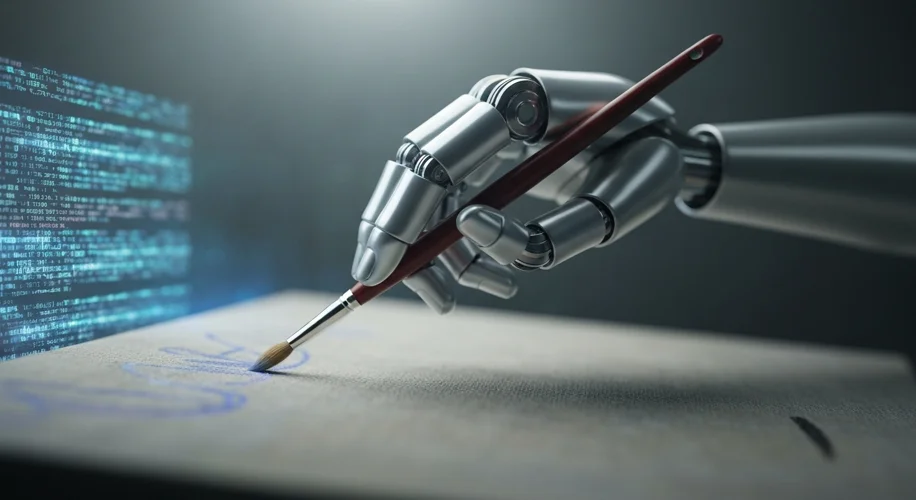The world of artificial intelligence is moving at lightning speed, and sometimes, the legal frameworks struggle to keep up. We recently saw a significant AI copyright settlement, with Anthropic reaching a substantial agreement. This kind of event makes you stop and think about the ethical implications for AI development and the future of intellectual property.
For those of us who’ve spent careers in tech, these moments are fascinating. They highlight the challenges of integrating new technologies with existing legal and ethical structures. When AI models are trained on vast amounts of data, much of which is created by humans, questions about ownership and fair use inevitably arise.
Anthropic’s settlement is a big deal. While the specifics often remain confidential, these large payouts suggest a recognition of the value of the data used for training. For creators – artists, writers, musicians, coders – this is important. It’s about ensuring that their work, which forms the bedrock of so much AI innovation, is acknowledged and compensated.
The core ethical question here is balance. How do we foster the incredible advancements AI offers without undermining the rights and livelihoods of the very people whose creativity fuels it? It’s a tightrope walk.
One of the pitfalls we need to watch out for is the potential for a chilling effect on creativity. If creators fear their work will be used without proper attribution or compensation, they might become hesitant to share it. This could, paradoxically, slow down the very progress we’re all excited about.
From my perspective, these settlements are more than just financial transactions. They’re signals. They indicate a growing awareness within the AI industry of the need to address copyright concerns proactively. It’s crucial to consider how these precedents will shape future AI development. Will companies be more transparent about their training data? Will we see new models for licensing and attribution emerge?
We must ask ourselves: what does a fair system look like? A system that rewards innovation in AI while also respecting the rights of human creators is essential for sustainable growth. This isn’t just about legal compliance; it’s about building trust and ensuring the long-term health of both the creative industries and the AI sector.
The potential consequences of getting this wrong are significant. We could see more protracted legal battles, a stifling of innovation, and a widening gap between AI developers and the creative community. However, it’s also important to acknowledge the immense potential of AI to augment human creativity. The key question is how we navigate this transition ethically.
Moving forward, I believe we need a more nuanced approach. This could involve exploring new licensing models, developing clearer guidelines for AI training data, and fostering open dialogue between AI developers and creators. The goal should be to create a future where AI and human creativity can coexist and thrive together, each enriching the other.

